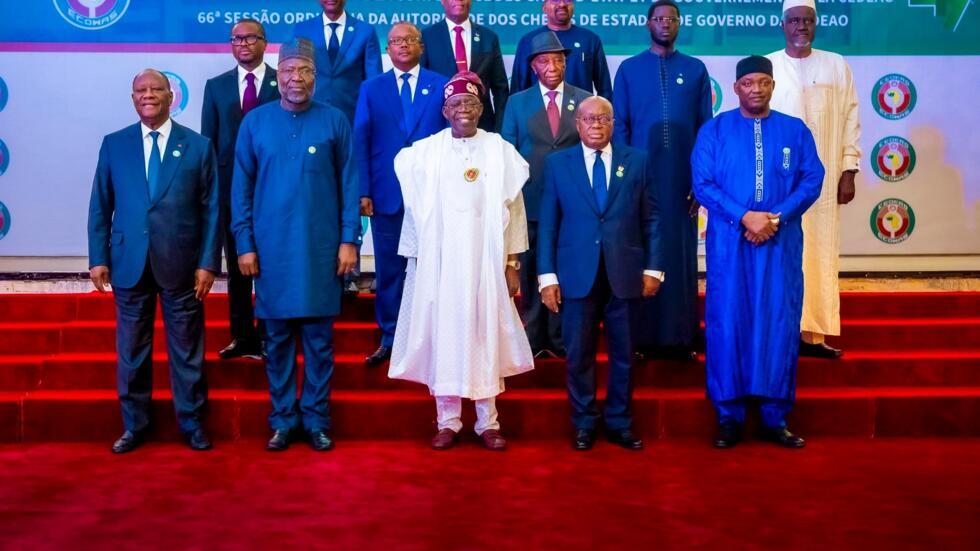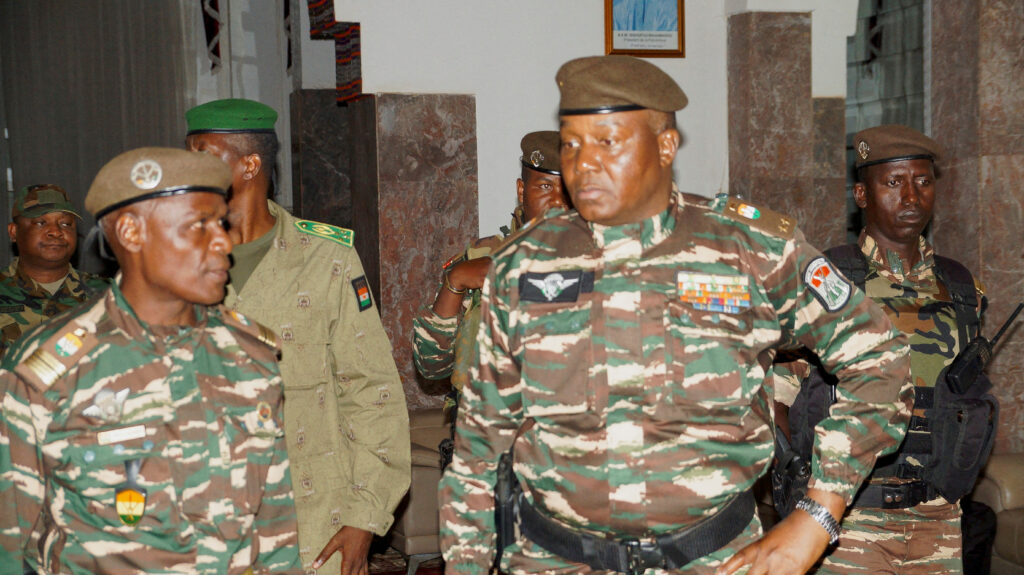Leaders of the Economic Community of West African States (ECOWAS) have approved the withdrawal of three military-led nations—Mali, Burkina Faso, and Niger—but offered a six-month grace period for reconsideration.

The decision marks the first exit of any country from ECOWAS since its establishment in 1975, posing a major challenge to the bloc’s goals of economic and political integration.
The three nations, all founding members of ECOWAS, rejected the bloc’s demands to restore democratic rule following military coups. They have since formed a separate alliance, the Alliance of Sahel States (AES).
At a summit held in Nigeria on Sunday, ECOWAS leaders acknowledged the countries’ decision but extended the possibility of readmission between January 29 and July 29, 2025. During this transitional period, ECOWAS hopes the nations will reconsider their departure.
ECOWAS citizens currently enjoy visa-free travel, residency rights, and free movement of goods within the bloc. The exit raises concerns about restrictions for people and goods from Mali, Burkina Faso, and Niger, though no formal measures have been announced.

Meanwhile, AES leaders over the weekend assured that visa-free travel and residency rights would remain in place for ECOWAS citizens. AES chairman and Mali’s military ruler, Assimi Goïta, emphasized the alliance’s intent to maintain regional ties.
ECOWAS has tasked its commission in Abuja with determining the operational relationship between the two blocs. Senegalese President Bassirou Diomaye Faye and Togo’s President Faure Gnassingbé are leading ongoing negotiations.
At the summit, ECOWAS Commission head Omar Touray described the exit as “disheartening” but commended mediation efforts. He acknowledged that the planned departure would significantly impact the bloc, which stands to lose 76 million people and half its total geographical area.
The military-led governments in Niger, Burkina Faso, and Mali have accused ECOWAS of aligning too closely with Western powers and criticized its stance on their respective coups. The bloc suspended the three nations following military takeovers in Mali (2020), Burkina Faso (2022), and Niger (2023).
The Sahel nations have since strengthened ties with Russia, pivoting away from traditional Western alliances. The move comes as they continue to combat ongoing insurgencies from armed jihadist groups in the region.
Despite mediation efforts, AES leaders described their withdrawal from ECOWAS as “irreversible” following a ministerial-level meeting in Niger’s capital, Niamey.
ECOWAS faces a critical period as it navigates the geopolitical and economic implications of the split. The departure underscores mounting divisions within the region and challenges to regional stability and cooperation.



